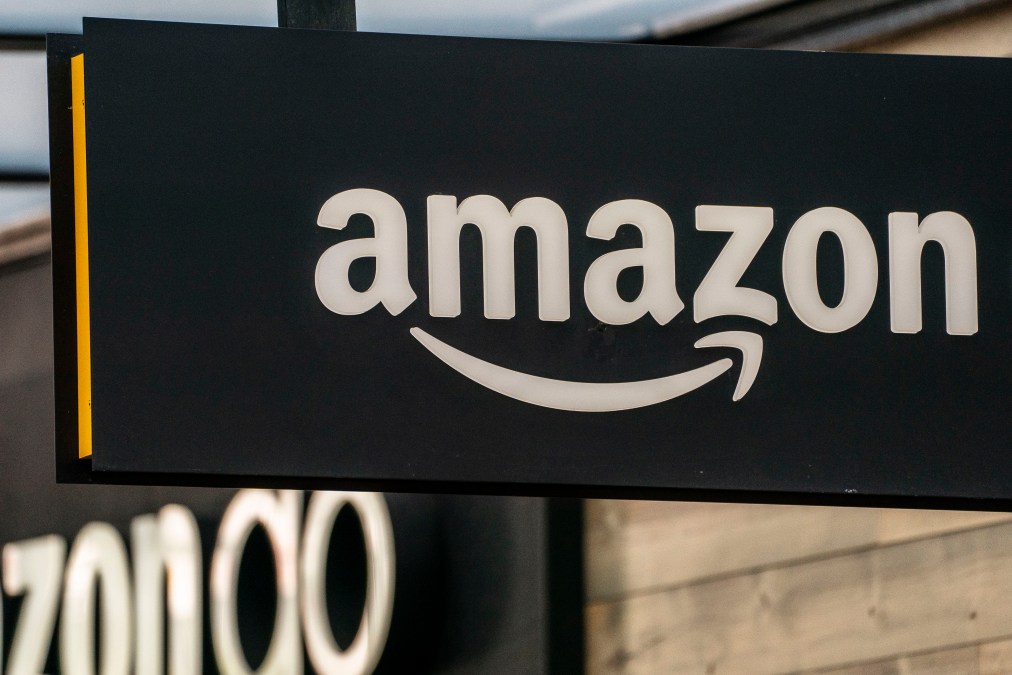Amazon says DOJ disclosure doesn’t indicate violation of facial recognition moratorium

A Department of Justice disclosure that the FBI is in the “initiation” phase of using Amazon’s Rekognition tool for a project doesn’t run afoul of the company’s moratorium on police use of the software, an Amazon spokesperson said in response to FedScoop questions Friday.
The statement comes after FedScoop reported Thursday that the DOJ disclosed in its public inventory of AI use cases that the FBI was initiating use of Rekognition as part of something called “Project Tyr.” The disclosure is significant because Amazon had previously extended a moratorium on police use of Rekognition, though the company did not originally clarify how that moratorium might apply to federal law enforcement.
In an emailed response to FedScoop, Amazon spokesperson Duncan Neasham said: “We imposed a moratorium on police departments’ use of Amazon Rekognition’s face comparison feature in connection with criminal investigations in June 2020, and to suggest we have relaxed this moratorium is false. Rekognition is an image and video analysis service that has many non-facial analysis and comparison features. Nothing in the Department of Justice’s disclosure indicates the FBI is violating the moratorium in any way.”
According to Amazon’s terms of service, the company placed a moratorium on the “use of Amazon Rekognition’s face comparison feature by police departments in connection with criminal investigations. This moratorium does not apply to use of Amazon Rekognition’s face comparison feature to help identify or locate missing persons.”
The company’s public statement about its one-year moratorium in 2020, which was reportedly extended indefinitely, stated that it applied to “police use of Rekognition.” That statement did not specifically call out the “face comparison feature” or use of the tool related to criminal investigations.
Neasham further stated on Friday that Amazon believes “governments should put in place regulations to govern the ethical use of facial recognition technology, and we are ready to help them design appropriate rules, if requested.”
The description of the use case in DOJ’s AI inventory doesn’t mention the term “facial recognition,” but it states that the agency is working on customizing the tool to “review and identify items containing nudity, weapons, explosives, and other identifying information.” Neither Amazon nor the DOJ have clarified FedScoop questions about whether the FBI had access to facial recognition technology through this work.
Civil liberties advocates told FedScoop that the use case surprised them, given Amazon’s previous statements on facial recognition, Rekognition, and police.
“After immense public pressure, Amazon committed to not providing a face recognition product to law enforcement, and so any provision of Rekognition to DOJ would raise serious questions about whether Amazon has broken that promise and engaged in deception,” American Civil Liberties Union of Northern California attorney Matt Cagle said in a Thursday statement to FedScoop.
DOJ spokesperson Wyn Hornbuckle did not address several aspects of the project but provided a statement pointing to the agency’s creation of an Emerging Technologies Board to “coordinate and govern AI and other emerging technology issues across the Department.” The FBI declined to comment through the DOJ.

